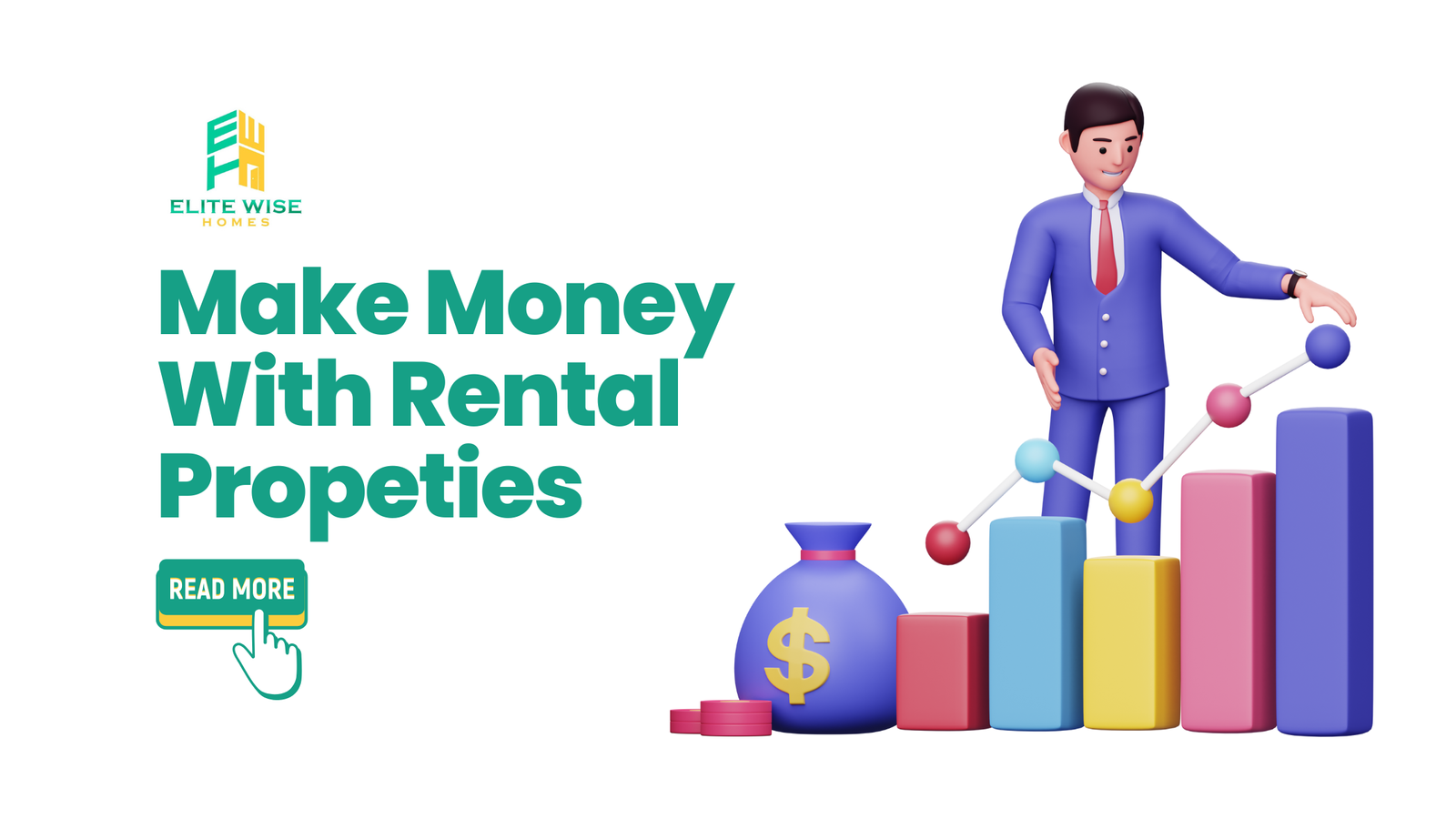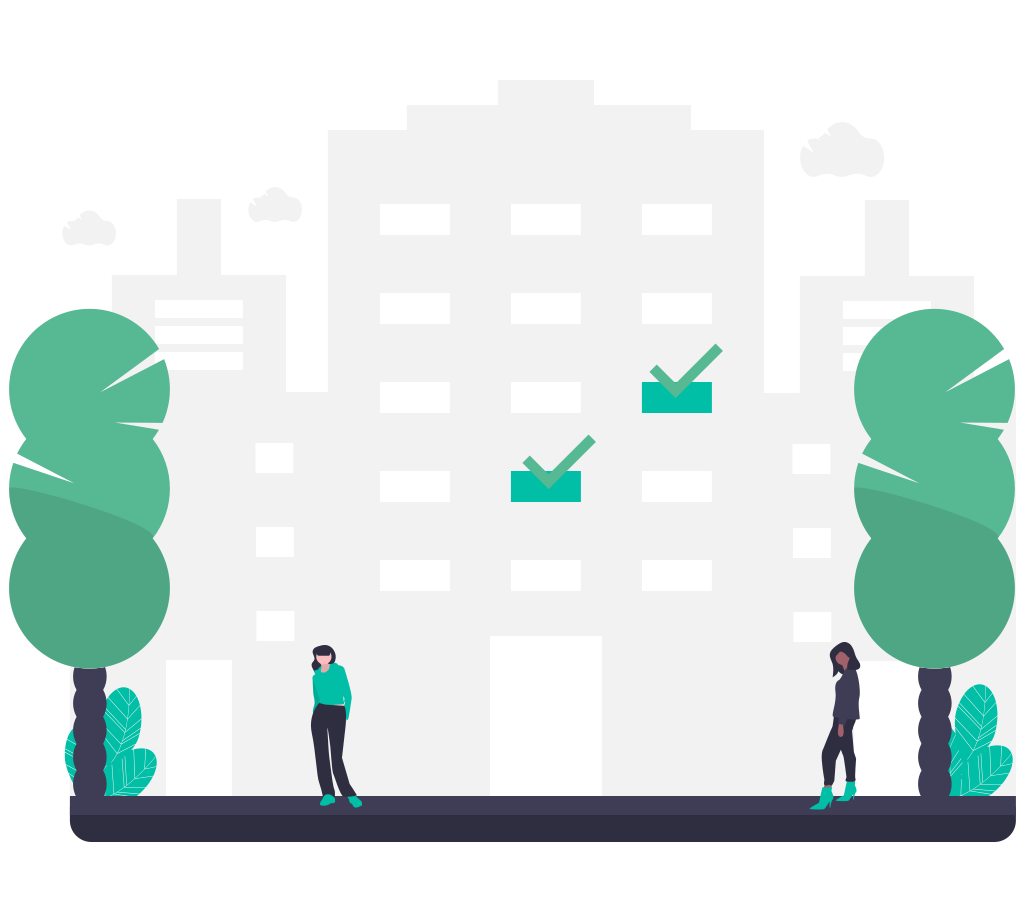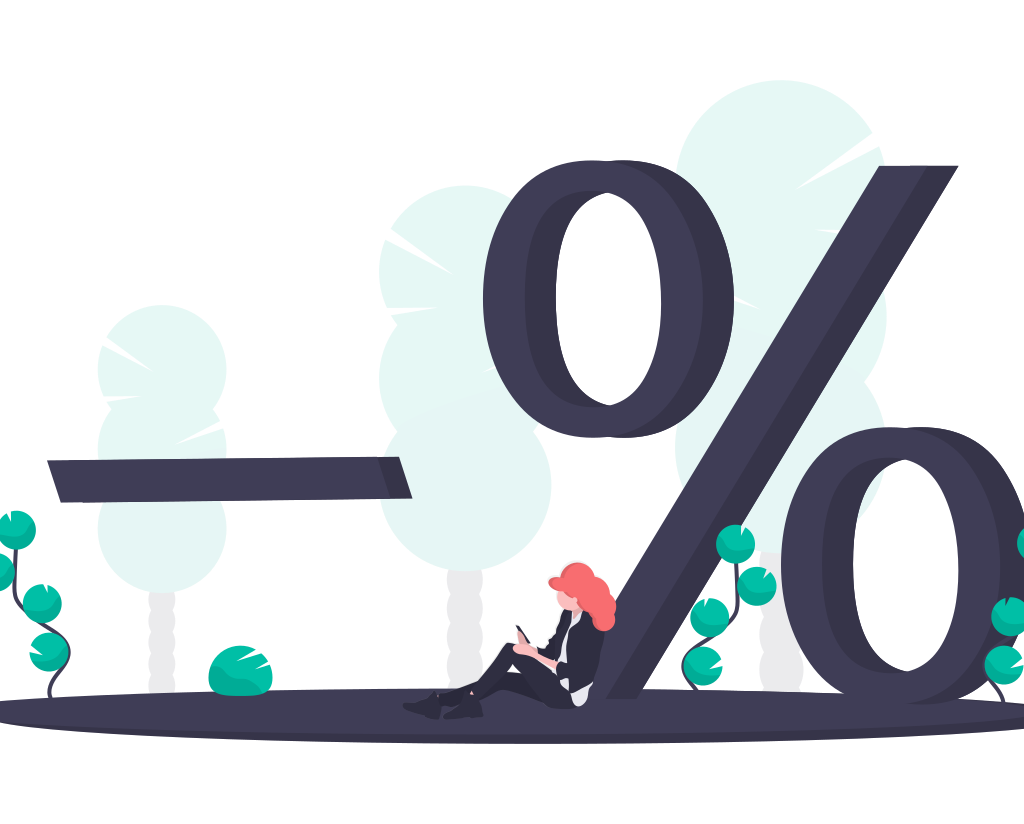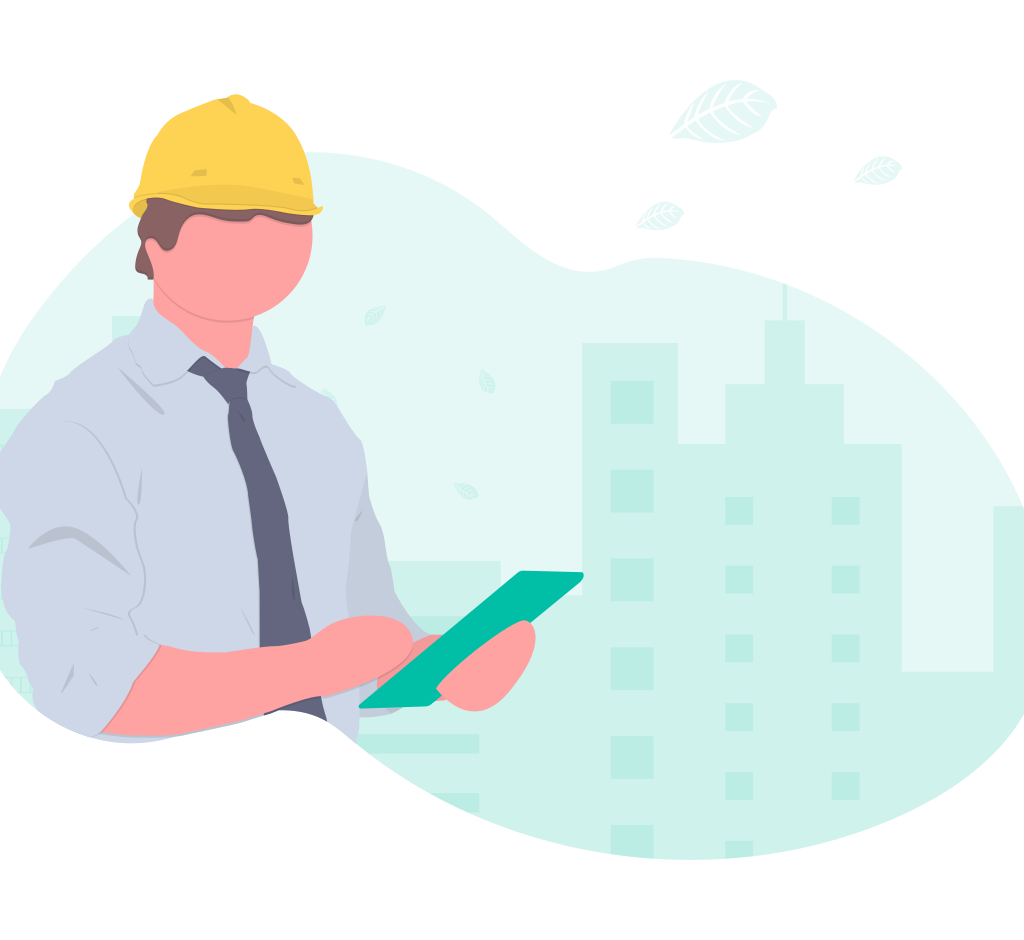At the outset, the thought of making money with rental properties may not have been a stroke of genius. However, it is actually a lucrative and profitable occupation that has proven itself to be a great way to increase your net worth over time. If you are looking to start investing in rental properties and putting together your own portfolio, there are five ways that you can make money with rental properties:
Rental property investing is a great way to start making money with real estate. It takes a little bit of hustle, but the opportunity is there to make an easy ₦5m and above a year by just short letting your property. Trust me when I say you’ll be surprised at the ease of doing business that comes with rental property investing.
You’re familiar with the concept of buying a home and renting it out to generate additional income. But you may not know that you can also do the same thing with rental properties!
Now, before we get into the nitty-gritty details of making money with rental properties, let’s first take a step back and discuss what exactly it means to make money with rental properties.
When you buy a property and rent it out as an investment, you’re essentially putting your money into a business that generates income for you in exchange for money from your tenants. That’s where the term “income stream” comes from! This is also referred to as “passive income” because it relies on the rent payments and other fees collected by landlords.
So how does this work? Let’s say that you buy a N50,000,000 apartment in Lekki Area of Lagos State, and rent it out. You’d be able to collect N5,000,000 to N8,000,000 each year in rent (which is fairly common)—in addition to any other fees collected by landlords—and then use those funds to pay off your mortgage or invest them elsewhere!
With the current demand for rental homes with high-end features and the necessity of being able to pay the mortgage, there’s no better time than the present to be looking into making money with your rental property. With the proper planning of your investment and a little luck, you can turn your investment into a lucrative business.
So without wasting time, let’s dive into the five best ways you can make money from rental properties.
Choose a good location
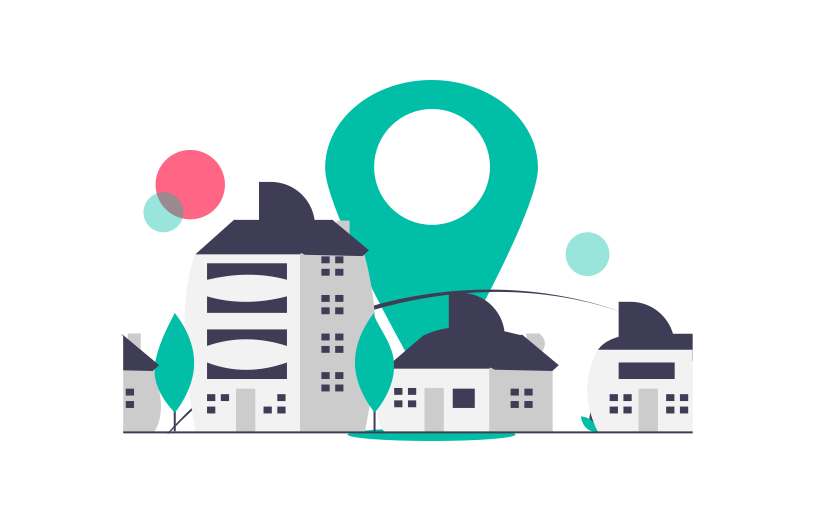
Choosing a good location for your rental property can make all the difference in your bottom line. Here are some tips for choosing a location:
First and foremost, choose an area that has a history of stable population growth. The more people there are in the area, the more likely it is that you’ll be able to find renters who will pay top dollar for your property.
Choose an area with good schools and access to public transportation. Your prospective renters will need to be able to get around town easily so they can get to work or school and still have time for fun activities, like going out with friends or taking their kids to the park.
Look for neighborhoods that are located close enough to public transportation but not too far from other amenities like grocery stores or restaurants. If you live too far away from these amenities, it could mean that prospective renters don’t want to come into your neighborhood every day because they’d rather drive somewhere closer or use public transportation instead.
Look at crime rates in each neighborhood before making any decisions about moving there permanently! Crime rates can vary wildly depending on where you live; if there’s a lot of crime nearby, then prospective renters might be scared off.
Find the perfect property and buy in bulk
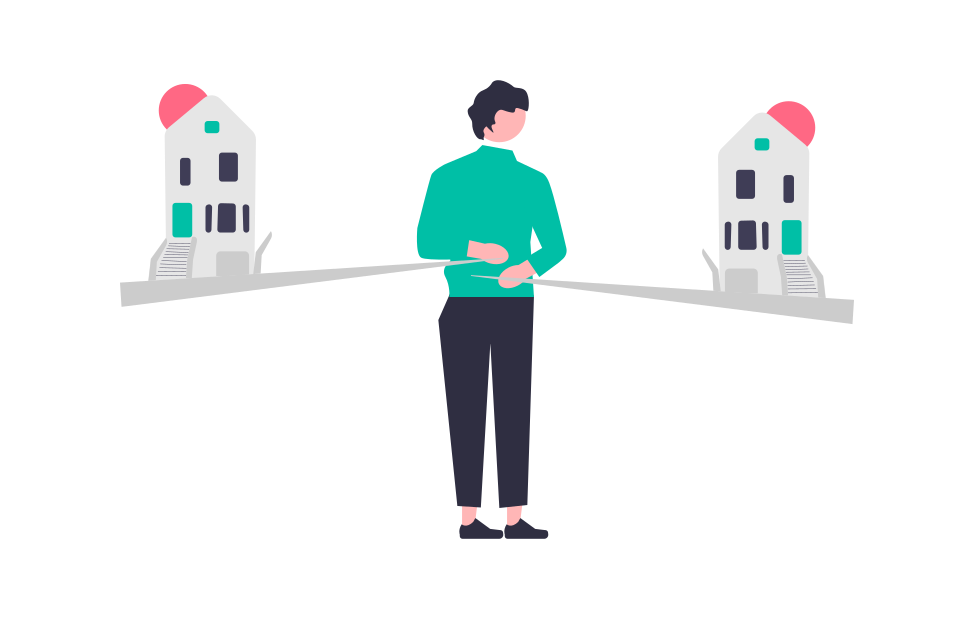
Finding the perfect property is a lot like finding the perfect pair of shoes. You need to find something that fits your body and your lifestyle, but also works with your budget.
But if you want to make money with rental properties, what can you do? One option is to buy in bulk.
Buying in bulk allows you to purchase multiple units at once and then rent them out for a profit. This is a great way to start making money with rental properties because it allows you to buy at least one or two properties for each of the properties you own.
When buying in bulk, though, it’s important to be careful about how much money you put into each property. If there are other factors at play (like location or demographics), buying multiple units might not be worth it.
If you’re looking to buy a rental property, but don’t want to take on the full cost of the property, then you might want to consider buying in bulk.
For example, if you have five properties and you want to buy one of them, then it’s probably better for your financial situation if you buy all five. You’ll save money by having them all under one roof instead of renting them out individually.
You can also combine this with buying multiple houses together so that you’re not left with any empty units after purchasing the first one.
Use the apartment for short stays
If you’re looking for a way to make money with your rental property, one of the best ways to do it is by renting out short-term stays.
It can be hard if you only have one or two units available, but if you have more than that, renting out short stays is a great way to make a lot of money without having to spend much time on maintenance.
The best thing about this type of rental is that you don’t need to worry about tenant issues or other problems that come up when you have long-term tenants because they’re going to move out anyway.
You also won’t have to deal with all of the hassles associated with managing a large number of tenants—all while trying not to go bankrupt!
A 2 bedroom apartment put out for short let can bring in on average N3m annually.
Offer Additional Services and Amenities
If you are looking to make money with rental properties, it’s important to offer additional services and amenities.
For example, if you have a pool that is often used by the residents of your community, offering guests access to the pool might be a good way to attract more customers. If you have space for pets in your rental units, consider offering pet-friendly rentals as well.
In addition, some landlords offer specific amenities that their tenants enjoy. These can include things like a washer and dryer in every unit or a gym on-site. It’s important to note that these types of amenities should be included in the lease agreement so that they are clearly stated before any tenant moves in.
Finally, many landlords offer cleaning services as well as other maintenance tasks such as lawn care or snow removal. While this may not seem like an important service at first glance, it is important to understand how much time and effort will go into maintaining these services if they’re provided on-site instead of through another third-party contractor like moving companies or landscaping companies who do not live nearby themselves (this can cause issues when trying
Know when to sell
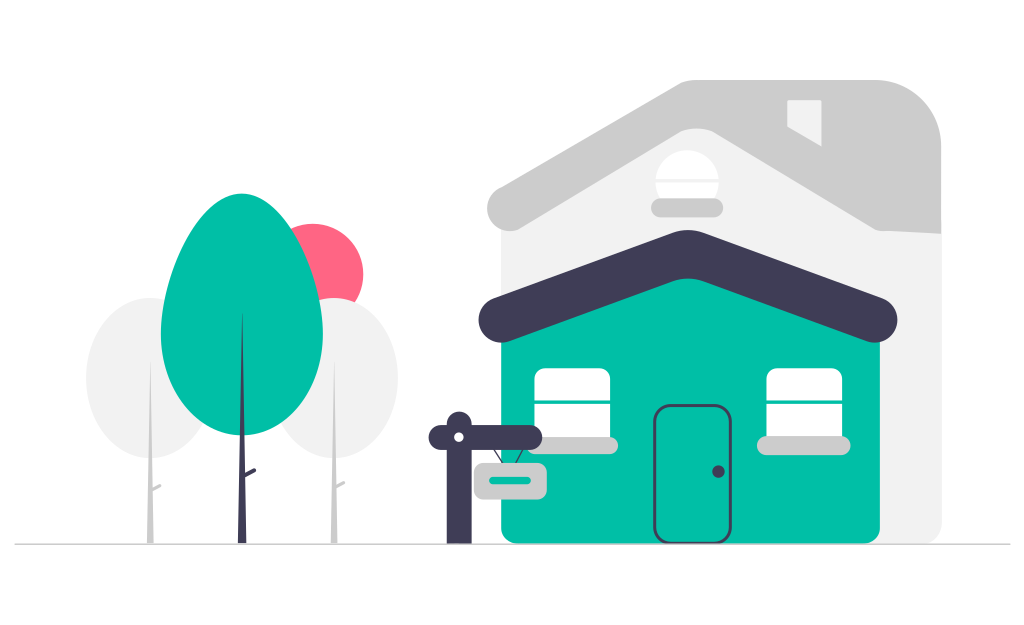
When you own a rental property, it’s important to know when to sell. There are many factors that determine when you should sell your property, but ultimately, it will depend on your personal situation.
If you want to sell quickly, you can try to find a buyer who is willing to purchase your property immediately. This might be an option if you need the cash for new investment. You might also want to consider selling in a down market if the housing market has recently bottomed out and prices have begun rising again. However, the prices of houses will keep increasing.
If you’re not sure if it’s time to sell yet, here are some other factors that may help determine when it is:
- The current market trends (i.e., how fast housing prices are rising or falling)
- The amount of equity in the property (how much equity has already been paid towards the purchase price of the home)
- The amount of money tied up in maintaining the property (whether there are maintenance costs associated with keeping up with repairs)
Conclusion
As is probably abundantly clear to you by now, rental properties can be a profitable venture. So if you haven’t dipped your toes into the world of real estate, I’d encourage you to give it a try. It’s never too early or too late to start building wealth. In fact, if you’re a millennial willing to put in the extra legwork and due diligence, this is one of the best times in history to build an investment portfolio. This Internet thing is only going to continue growing, and we all know that real estate tends to keep pace with inflation—not beat it, but follow it closely. So if you believe that the stock market is going up over time (and let’s be honest, there’s no good reason for thinking otherwise), then you should think about shifting some of your investments into bricks instead of clicks. Just remember what we said at the beginning: do your research before taking any action. And as always, thank you for reading!

